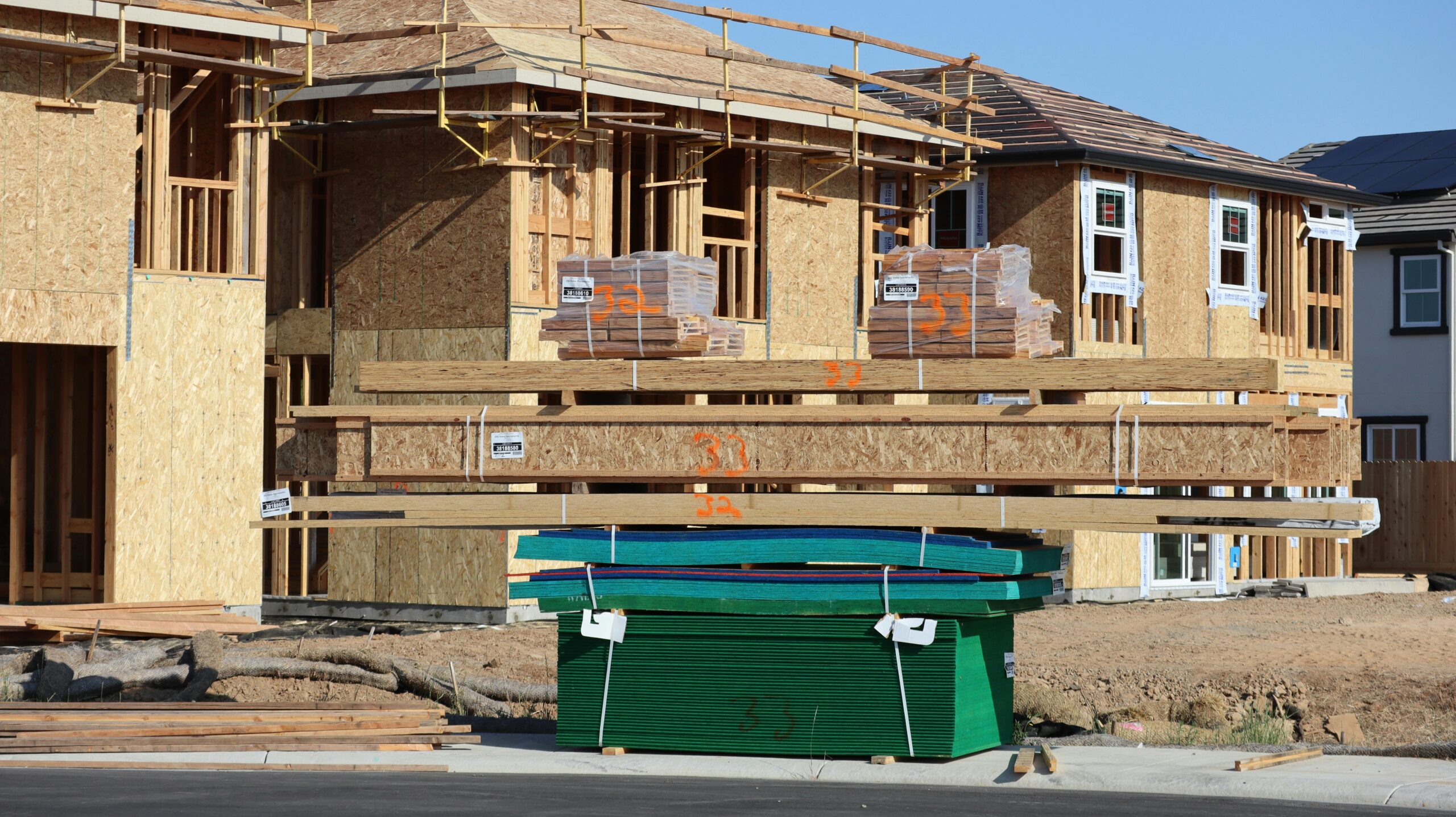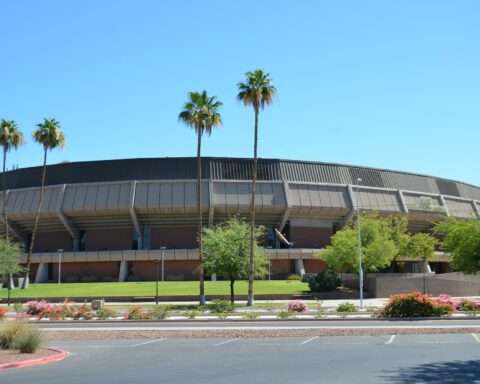Colorado has allocated $67.5 million from its Proposition 123 Equity Program to develop 1,017 affordable rental units across 11 projects statewide. The funding is drawn from the Affordable Housing Financing Fund, established by voter-approved Proposition 123 in November 2022.
Under the measure, up to 0.1% of the state’s taxable income—approximately $290 million annually—is redirected into affordable housing. The program is ongoing and will continue unless altered or repealed.
To access these funds, local and tribal governments must file an Affordable Housing Commitment, which includes a pledge to increase their affordable housing supply by 3% annually. Municipalities also must provide baseline housing data and explain how they plan to meet those goals. Funding is awarded on a rolling basis and must meet annual review, income eligibility, affordability, design, state-priority alignment and readiness criteria.
Proposition 123 divides funding into two streams:
- 60% is allocated to the Affordable Housing Financing Fund to support land banking, equity investments and concessionary debt. The fund is managed by the state Office of Economic Development and International Trade and administered by the Colorado Housing Finance Authority.
- 40% supports the Affordable Housing Support Fund, which is managed by the Colorado Department of Local Affairs.. The fund provides grants for homeownership programs, homelessness services and capacity-building for local planning.
In 2025, the funding supports developments serving residents with incomes from 30% to 120% of the area median income, with many projects featuring energy-efficient construction, transit access and modular or off-site building methods. Notable recipients include:
- Cityline Station Phase II, Greeley: $8 million for 310 units.
- Exodus at Green Valley Ranch, Denver: $9 million for 205 units.
- St. Louis Landing Phase I, Fraser: $12.9 million for 129 units.
- Fieldhouse Apartments, Idaho Springs: $8.5 million for 120 units, with a school-staff preference.
- Holy Trinity Apartments, Trinidad: $6.9 million to transform a historic convent.
Since inception, the Affordable Housing Financing Fund has committed roughly $252 million statewide. A forthcoming feature, the Tenant Equity Vehicle, will enable residents to build savings or equity—possibly aiding with future homeownership or other financial goals.
Currently, modular home manufacturers can apply for below-market-rate financing by submitting a Letter of Intent by June 30, to support factory construction, expansion or debt structures. Developers and local governments are encouraged to monitor the program and coordinate early to be ready for subsequent funding rounds.
Photo by D Goug from Pexels













